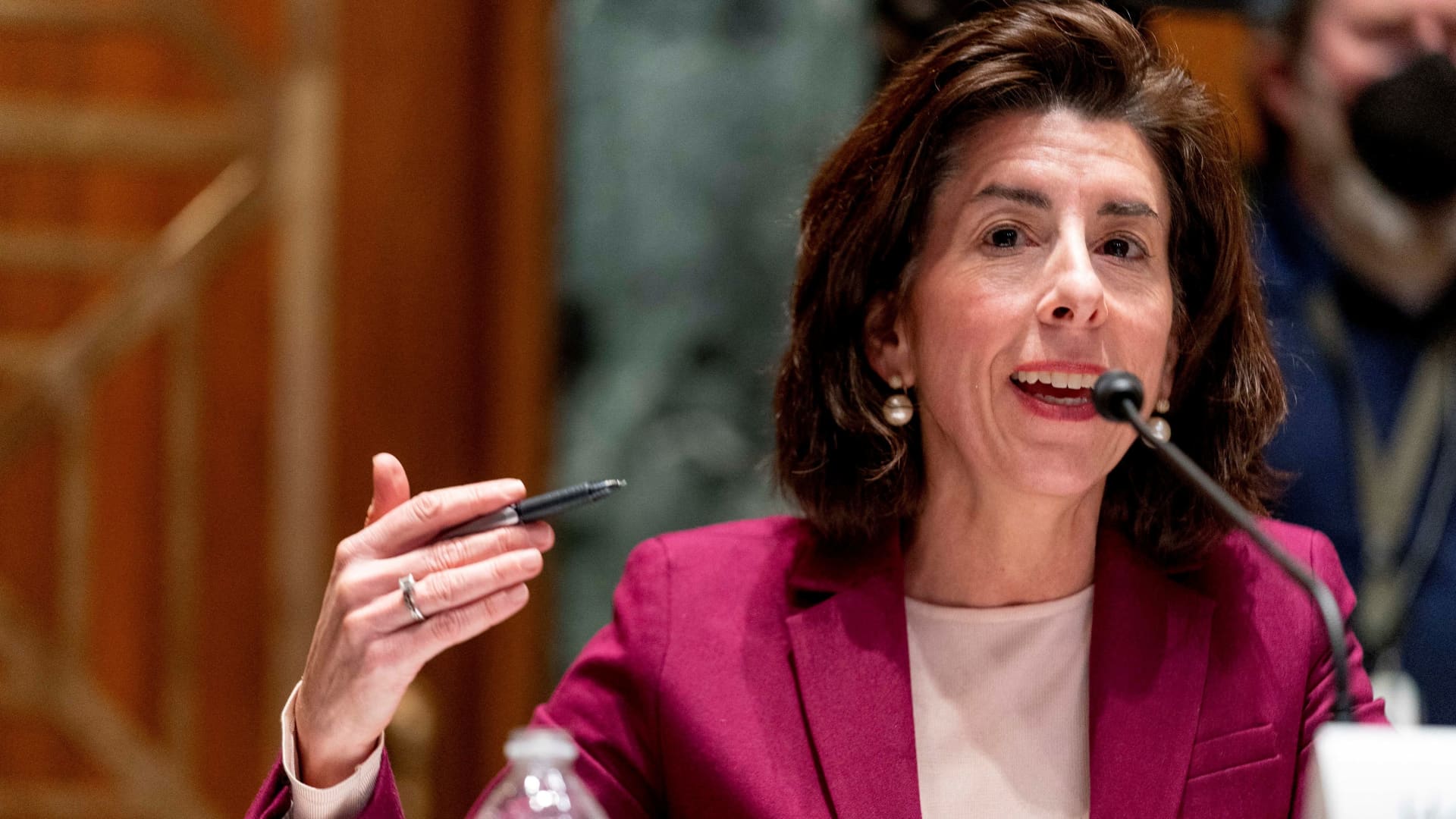Within the vast Commerce Department, a small division called the Bureau of Industry and Security (BIS) is playing a significant role in the potential U.S. restrictions on semiconductor exports to China. Commerce Secretary Gina Raimondo refers to the BIS as the “small but mighty” agency, which is at the forefront of federal national security efforts, particularly with President Biden considering stricter controls on powerful artificial intelligence computing chips that are exported to China.
The BIS is responsible for implementing the U.S. export control regime to prevent the wrong companies or governments from accessing critical high-tech and defense products. The decisions made by the BIS regarding access to U.S. technology can greatly impact corporate bottom lines.
Already, chipmakers have experienced the consequences of BIS-imposed restrictions. In 2022, BIS informed Nvidia that the export of their advanced A100 and H100 chips to China would require a license from the Commerce Department. This is part of the Biden administration’s broader effort to curb Chinese technological advancement. Nvidia estimated that potential Chinese sales amounting to around $400 million would be lost unless customers chose “alternative product offerings.” As a result, Nvidia introduced a watered-down version of its flagship AI chip, called the A800, which didn’t require a license.
However, The Wall Street Journal reported that even this less-powerful offering from Nvidia could be subjected to export restrictions under President Biden’s direction. The BIS declined to comment on potential tightening of export controls. As a result of this news, Nvidia’s shares fell by 2%.
The BIS has the authority to define which product specifications necessitate licenses for overseas sales through its Commerce Control List. These specifications can be so specific that only a few commercially available items fall under its restrictions. While the Control List doesn’t target any specific vendor, there are only a handful of companies that develop the high-performance processors that power AI models. Among them, Nvidia and AMD dominate the market.
If export restrictions were implemented, these companies would be responsible for ensuring that their high-tech processors do not end up in the Chinese markets.
In a notable enforcement case, the BIS took action against hard drive manufacturer Seagate for continuing to supply Huawei after the Chinese company was blacklisted in 2020. The government fined Seagate $300 million, but the financial impact was much higher considering Seagate’s $1.1 billion business in China.
Overall, the BIS plays a critical role in enforcing export controls and safeguarding national security interests. Its decisions have the potential to reshape the semiconductor industry and impact the bottom lines of major technology companies.
Denial of responsibility! VigourTimes is an automatic aggregator of Global media. In each content, the hyperlink to the primary source is specified. All trademarks belong to their rightful owners, and all materials to their authors. For any complaint, please reach us at – [email protected]. We will take necessary action within 24 hours.


